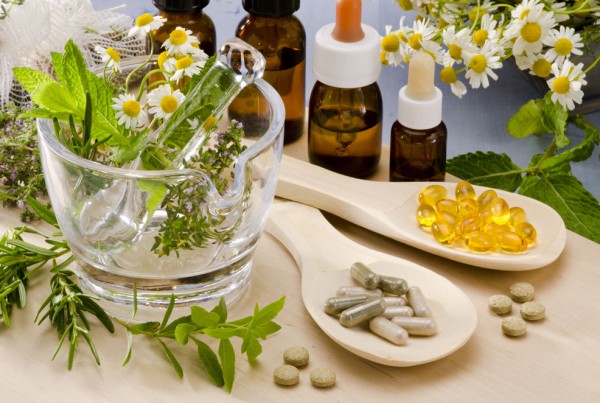When taking Chinese medicine, dietary choices need to be cautious to avoid affecting efficacy or increasing the body’s burden. Here are some categories of foods to avoid:
1. Raw and cold foods: These foods are cold in nature, suitable for heat-related illnesses, but may weaken gastrointestinal function, especially unsuitable for those with weak constitutions and poor gastrointestinal health. When taking nourishing herbs like ginseng, avoid consuming radishes at the same time to avoid reducing the efficacy of the supplement.
2. Spicy foods: Such as onions, garlic, chili, etc., while they can warm and invigorate the stomach, they can easily lead to internal heat, blood depletion, not suitable for those with Yin deficiency, excessive Yang, warmth diseases, hemorrhoids, and certain skin disease patients. Consuming chili by individuals with fever or constipation can worsen symptoms and affect the effectiveness of heat-clearing and blood-cooling medications.
3. Foods that produce phlegm: Including mushrooms, bamboo shoots, pig’s brain, etc., may trigger or exacerbate certain diseases; skin disease patients should avoid consumption to prevent worsening conditions.
4. Fishy foods: Sea fish, shrimp, and crabs, salty and cold-smelling foods, can easily trigger allergic reactions, not conducive to spleen and stomach health; especially allergic individuals and spleen-stomach disease patients should avoid consumption.
5. Greasy foods: Animal fats and other greasy foods are difficult to digest and may harm the gastrointestinal tract; patients with gastrointestinal diseases should avoid them.
When taking Chinese medicine, pay attention to the following:
– Avoid prolonged excessive intake: Prolonged excessive intake of certain Chinese medicines may have side effects; for example, cassia seed may cause diarrhea, and ephedra may lead to increased blood pressure.
– Be cautious with special constitutions: Understand your own constitution; those with weak spleen-stomach should avoid certain cold-natured medicines to prevent discomfort.
– Correct decocting of herbs: It is recommended to use ceramic herb decoction pots or clay pots to avoid reactions between metal utensils and medicinal ingredients.
– Timely consumption of decoctions: Herbal decoctions should be consumed on the same day they are prepared to prevent deterioration and bacterial growth.
– Handle folk remedies with caution: Folk remedies are not validated; consult a professional physician before use.
In conclusion, Chinese medicine treatment should follow medical advice, have a balanced diet, and ensure safety and effectiveness.


